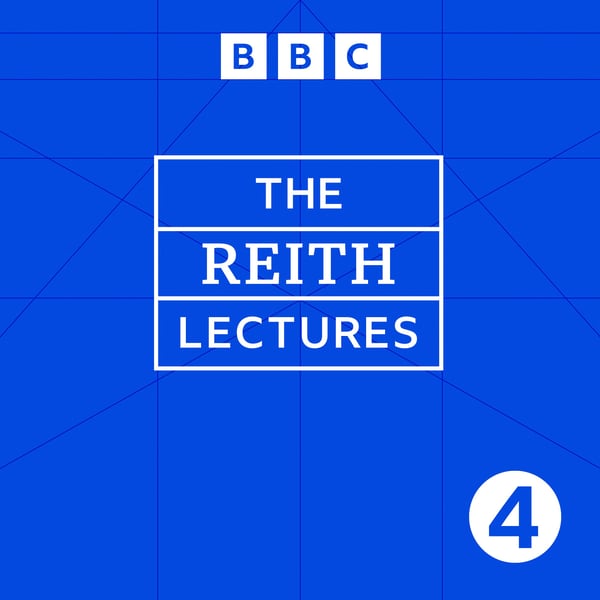Man and Nature
The Reith Lectures
BBC
4.2 • 770 Ratings
🗓️ 9 November 1969
⏱️ 29 minutes
🧾️ Download transcript
Summary
This year's Reith lecturer is English ecologist, conservationist and author Sir Frank Fraser Darling. He is the current Vice-President of the Conservation Foundation in Washington, DC and his ornithological ideas have marked him as a specialist on the topic of the natural environment. He also worked as a Senior Lecturer in Ecology and Conservation at the University of Edinburgh (1953-58) and was Chief Officer at the Imperial Bureau of Animal Genetics (1930–34). He is strongly associated with the highlands of Scotland, an area which he has often studied and written about.
Frank Fraser Darling explores the concept of Man's responsibility for his natural environment in his Reith series entitled 'Wilderness and Plenty'. In his first lecture entitled 'Man and Nature', he considers how humans have dominated the natural world by constantly challenging it and altering it to their advantage. However, bringing together economics and ecology, he discusses what circumstances might lead to the need to conserve the human race.
Transcript
Click on a timestamp to play from that location
| 0:00.0 | This is a podcast from the archives of the BBC Reith Lectures. |
| 0:04.7 | This lecture in the series Wilderness and Plenty, given by Sir Frank Fraser Darling, |
| 0:09.9 | was originally broadcast in 1969. |
| 0:13.5 | If I were asked to interpret briefly what I mean by Wilderness and Plenty, |
| 0:19.0 | I'd reply population, pollution and the planet's generosity, |
| 0:25.2 | meaning the history of man and the effect he's had and is having on the economy of nature |
| 0:31.0 | since he appeared on the planet. These are closely interconnected themes, like the pattern of a fabric in all the lectures, |
| 0:40.3 | and I propose to follow them through their intertwined complexity. |
| 0:45.8 | Let's begin with ourselves. |
| 0:48.7 | The most significant event in the organic history of the earth in the last hundred thousand years has been the |
| 0:56.0 | rise in the world population of human beings in the past two centuries. Man spent so long |
| 1:04.0 | getting a foothold and even when he had reached the gregariousness that civilization allowed, |
| 1:12.3 | hazards were great. |
| 1:19.3 | One might say that only then could the allegory of the four horsemen of the apocalypse be conceived. |
| 1:26.1 | We suddenly became aware that they rode, destroying the stability so newly gained. |
| 1:28.7 | But the earth seemed limitless. |
| 1:31.1 | It's only 500 years or so, |
| 1:33.2 | since we discovered with certainty that the planet was globular and finite. |
| 1:37.0 | The shock of that discovery |
| 1:38.8 | seems to have been more religious and philosophical |
| 1:41.7 | than biological |
| 1:42.7 | until the inexorable biological consequences occurred |
... |
Please login to see the full transcript.
Disclaimer: The podcast and artwork embedded on this page are from BBC, and are the property of its owner and not affiliated with or endorsed by Tapesearch.
Generated transcripts are the property of BBC and are distributed freely under the Fair Use doctrine. Transcripts generated by Tapesearch are not guaranteed to be accurate.
Copyright © Tapesearch 2025.

